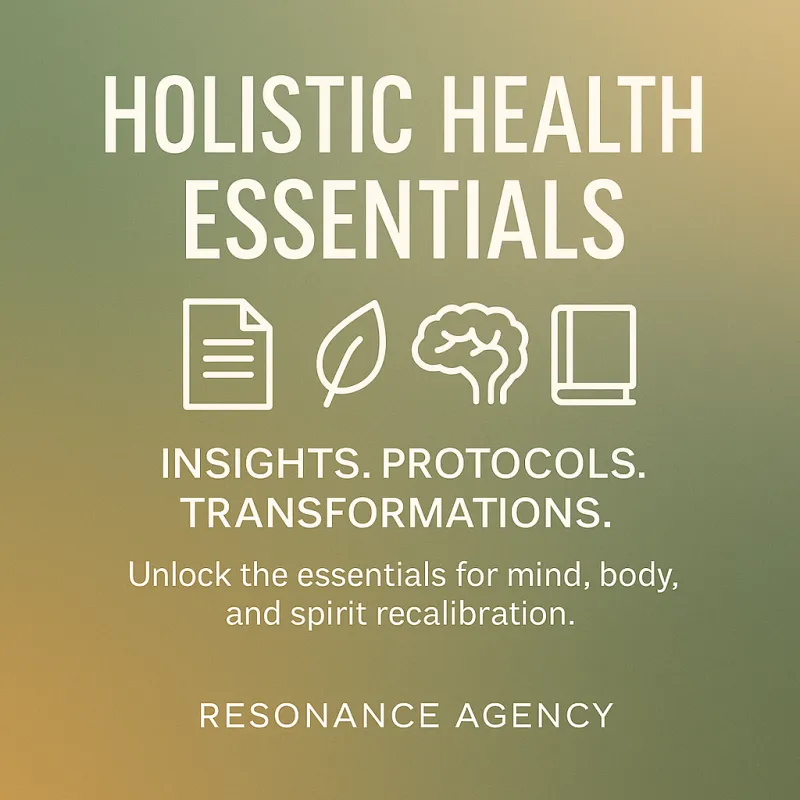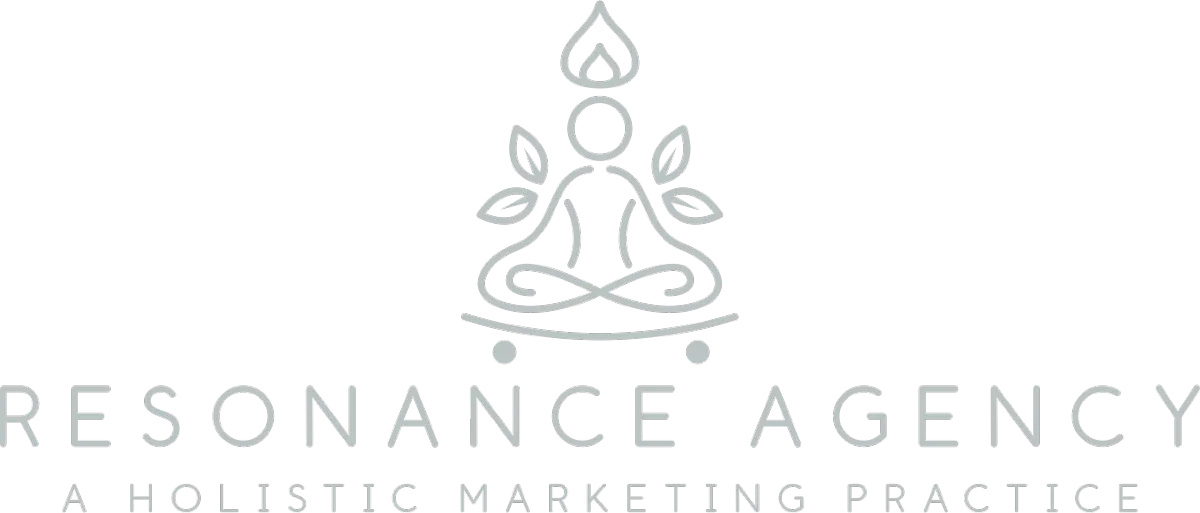Explore Systems, Software and Tools That Align With Your Brand’s Energy
Whether you’re building a business from scratch or evolving a growing brand, these tools are designed to support your rhythm, clarify your message, and help you serve with coherence.
Marketing, Reimagined Through Resonance.
This is not an ad agency. This is a recalibration of what support looks like for conscious entrepreneurs. Our practice is rooted in emotional clarity, strategic precision, and energetic alignment.
See Our Latest Blogs
Stay up-to-date with our latest insights, tips, and trends by diving into our newest blogs. Whether you're seeking industry expertise, marketing strategies, or product inspiration, our blog section is your go-to resource for valuable content.

The Science of Expectations: How to Reframe Your Mindset and Change Your Reality
Have you ever caught yourself in a spiral of negative thinking, where it feels like everything is going wrong? Maybe you’ve even said to yourself, “I knew this was going to happen,” as though predicting failure somehow makes it less frustrating. Here’s the thing: that mindset doesn’t just feel bad—it’s actively shaping your reality. And the reason lies in a part of your brain called the reticular activating system (RAS).
What Is the RAS and How Does It Work?
The RAS is a network of neurons in your brainstem that acts as a filter for information. It processes millions of pieces of sensory data every second but only allows through the information that aligns with what you’re focusing on. In other words, the RAS is your brain’s gatekeeper, deciding what’s worthy of your conscious attention.
If you expect problems, your RAS will prioritize evidence of failure. You’ll notice every little mistake, every obstacle, and every piece of proof that things aren’t going well. On the flip side, if you expect success, your RAS will filter for opportunities, solutions, and evidence of progress.
This is why reframing your expectations is so powerful. When you shift your focus from anticipating failure to visualizing success, you’re not just changing your attitude—you’re rewiring the way your brain processes reality.
Cognitive Dissonance: The Blocker to Positive Change
Cognitive dissonance occurs when your brain encounters information that conflicts with your existing beliefs or expectations. If you believe things are going to go wrong, your brain will resist accepting evidence to the contrary. This creates a mental block, making it difficult to recognize or embrace positive outcomes, even when they’re right in front of you.
Here’s an example: I once worked with a partner who was convinced a client wasn’t responding because the project had been mishandled. I told him multiple times, “The work is done. The client understands everything. All you need to do is reach out.” But he couldn’t let go of the belief that something was wrong. Despite my reassurance, he kept fixating on what could go wrong and couldn’t see the reality: the project was complete, and the client was ready to move forward. His cognitive dissonance created a mental block that prevented action.
How to Reframe Expectations
Breaking free from this cycle starts with awareness. Here are three steps to reframe your expectations and shift your mindset:
1 Catch Negative Patterns The first step is to recognize when you’re spiraling into negative expectations. Pay attention to your inner dialogue. Are you saying things like, “This will never work” or “Something’s bound to go wrong”? These thoughts are cues that your RAS is filtering for problems.
2 Interrupt the Cycle Once you’ve identified a negative pattern, interrupt it. This can be as simple as taking a few deep breaths, journaling, or even saying out loud, “I’m choosing to focus on solutions.” Small actions like these help reset your focus and disrupt the cycle of speculation.
3 Visualize Positive Outcomes Spend time visualizing what success looks like. Imagine tasks being completed perfectly, clients being satisfied, or your team working harmoniously. This isn’t just wishful thinking; it’s training your RAS to filter for evidence of success and alignment.
Simple Example: The Power of Reframing
Let’s say you’re worried about a presentation at work. Instead of thinking, “I’m going to mess this up,” reframe it to, “I’m going to clearly communicate my ideas.” By visualizing a positive outcome, you’re telling your RAS to focus on opportunities to succeed rather than potential mistakes.
Another example comes from day-to-day interactions. Imagine you’re expecting a friend or colleague to criticize you. Instead, reframe your expectation to, “This conversation will be constructive and supportive.” You’ll be surprised how often this simple shift transforms not just your perception, but the actual outcome.
Why This Matters for Agency Owners
For agency owners, this mindset shift is especially critical. Speculation about team performance, client relationships, or project outcomes can create a culture of distrust and hesitation. By reframing expectations and trusting in your team’s abilities, you can foster alignment, build confidence, and create an environment where growth happens naturally.
If you want to dive deeper into how speculation impacts agencies and find practical tools to overcome it, check out my article on ResonateGrow.com. It’s packed with actionable insights specifically for agency owners.
Start Reframing Today
Reframing expectations isn’t just about thinking positively—it’s about reshaping the way your brain processes the world. By understanding the role of the RAS and cognitive dissonance, you can break free from negative cycles and create a reality that aligns with your goals.
Take the first step today. Start noticing your expectations, interrupt negative patterns, and visualize the success you want to achieve. The results might just surprise you.
About Us
Resonance Agency builds full-stack marketing systems for coaches, healers, and creative entrepreneurs. Led by a strategist who co-founded one of Connecticut’s leading digital agencies, we deliver enterprise-level strategy and tools designed for small, values-driven businesses.
Contact Us
268 Post Rd ST 200 #919899, Fairfield CT 06824
Phone: (203) 610-4241
Email: [email protected]
Copyright© 2025 Resonance Agency - All Rights Reserved.







Facebook
Instagram
Youtube